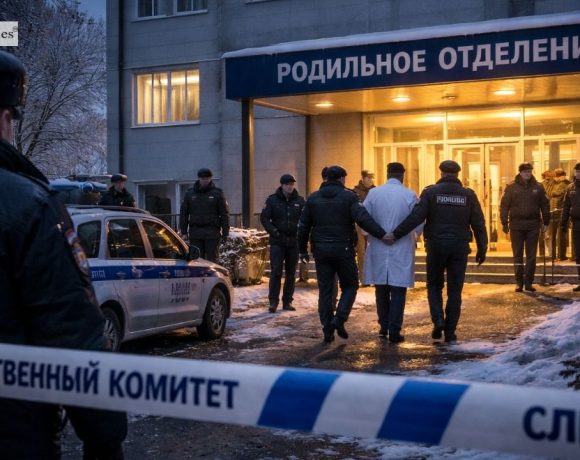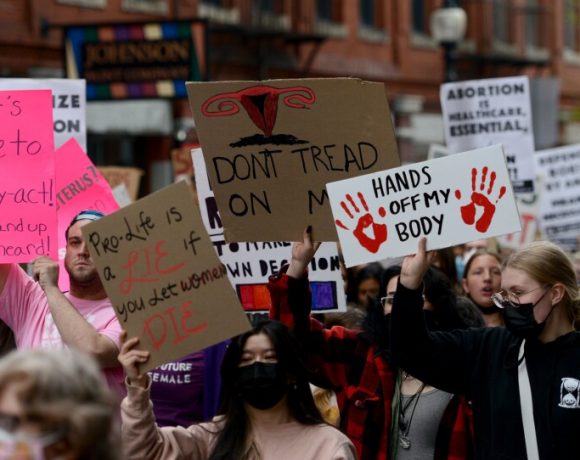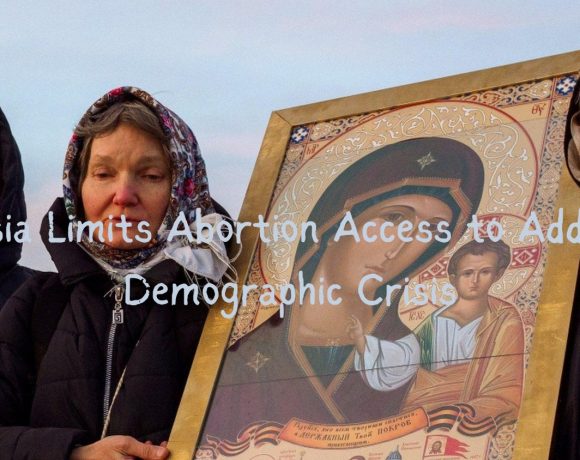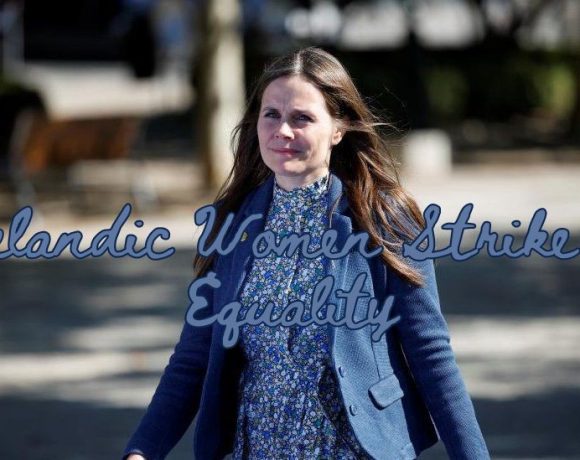
Russian authorities have detained the chief doctor and the acting head of the intensive care unit at a maternity hospital in the Siberian city of Novokuznetsk after nine newborn babies died over a short period earlier this month. Investigators said the detentions are part of a criminal case into suspected negligence, with the deaths triggering widespread shock and public anger across the country.
The babies, born between December 1 and January 12, died during Russia’s extended New Year holiday at Hospital No. 1 in Novokuznetsk. Officials have not yet disclosed the exact causes of death, but the State Investigative Committee said the infants died due to the doctors’ improper performance of their professional duties while organising and providing medical care. Video released by investigators showed one suspect being led away in handcuffs.
Media reports said the hospital had a poor reputation and had received multiple warnings from health authorities in recent months. Personal accounts from mothers alleged serious medical failings, including lack of medicines and abusive behaviour by staff, though Reuters could not independently verify these claims. The tragedy has raised wider questions about healthcare standards in regional Russia and comes amid concerns over how such incidents undermine efforts to boost the country’s declining birth rate.
Pic courtesy: google/ images are subject to copyright




